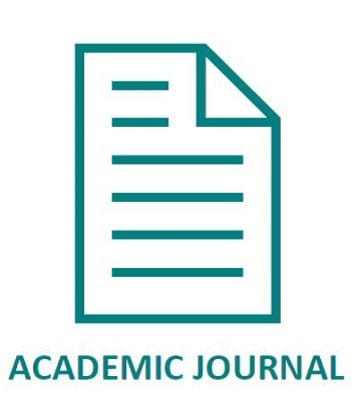Impact of water allocation strategies to manage groundwater resources in Western Australia: Equity and efficiency considerations
Abstract
In many parts of the world groundwater is being depleting at an alarming rate. Where groundwater extraction is licenced, regulators often respond to resource depletion by reducing all individual licences by a fixed proportion. This approach can be effective in achieving a reduction in the volume of water extracted, but the approach is not efficient. In water resource management the issue of the equity-efficiency trade-off has been explored in a number of contexts, but not in the context of allocation from a groundwater system. To contribute to this knowledge gap we conduct an empirical case study for Western Australia’s most important groundwater system: the Gnangara Groundwater System (GGS). Resource depletion is a serious issue for the GGS, and substantial reductions in groundwater extraction are required to stabilise the system. Using an individual-based farm optimization model we study both the overall impact and the distributional impact of a fixed percentage water allocation cut to horticulture sector licence holders. The model is parameterised using water licence specific data on farm area and water allocation. The modelling shows that much of the impact of water allocation reductions can be mitigated through changing the cropping mix and the irrigation technology used. The modelling also shows that the scope for gains through the aggregation of holdings into larger farms is much greater than the potential losses due to water allocation reductions. The impact of water allocation cuts is also shown to impact large farms more than small farms. For example, the expected loss in net revenue per ha for a 10-ha farm is around three times the expected loss per ha for a 1-ha farm; and the expected loss per ha for a 25-ha farm is around five times the expected loss per ha for a 1-ha farm.
Note: Journal articles and conference papers (and links where available) are available under open access arrangements where possible. Otherwise please contact your institution’s library, the authors, or publishers to organise full access.
